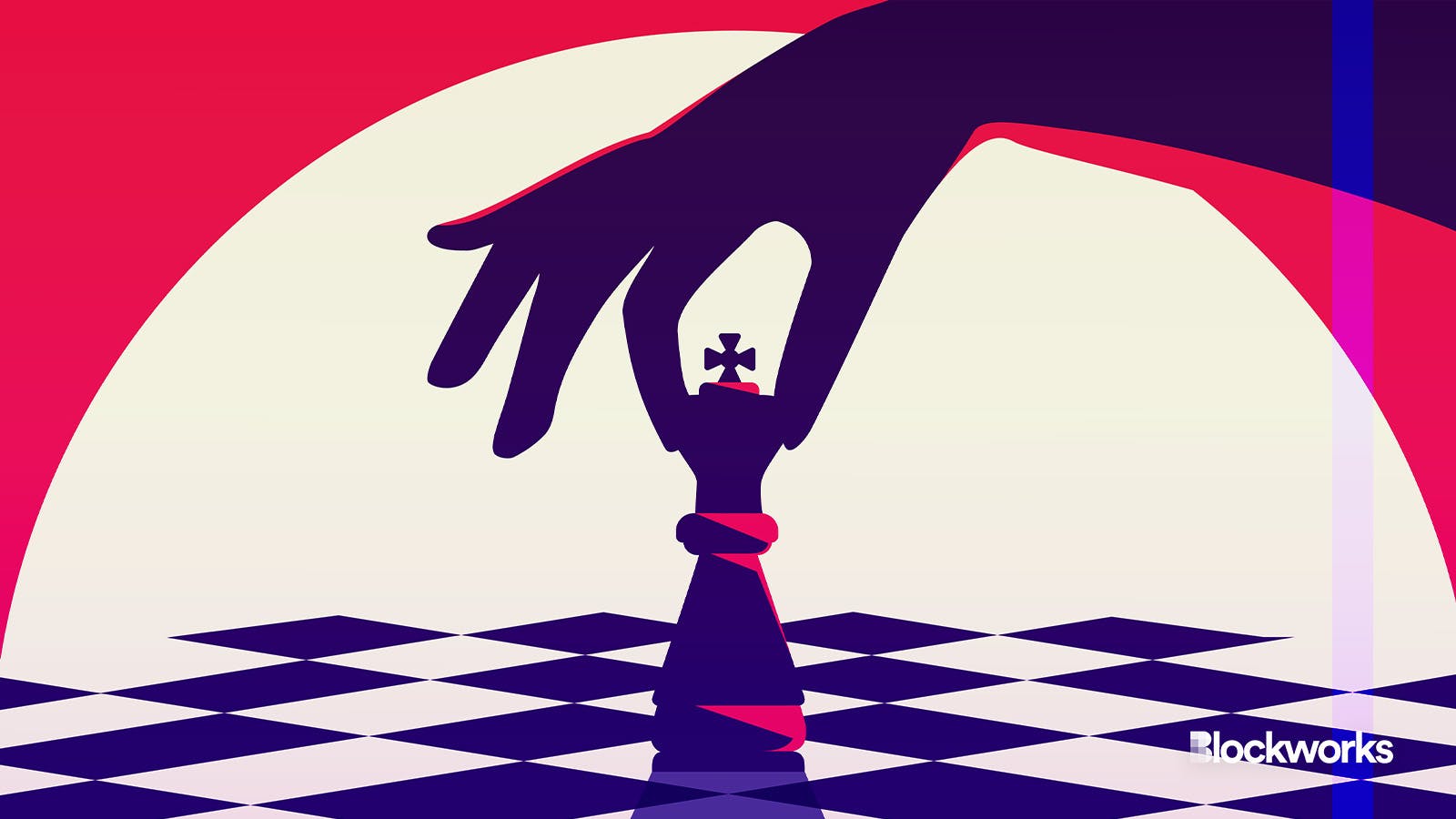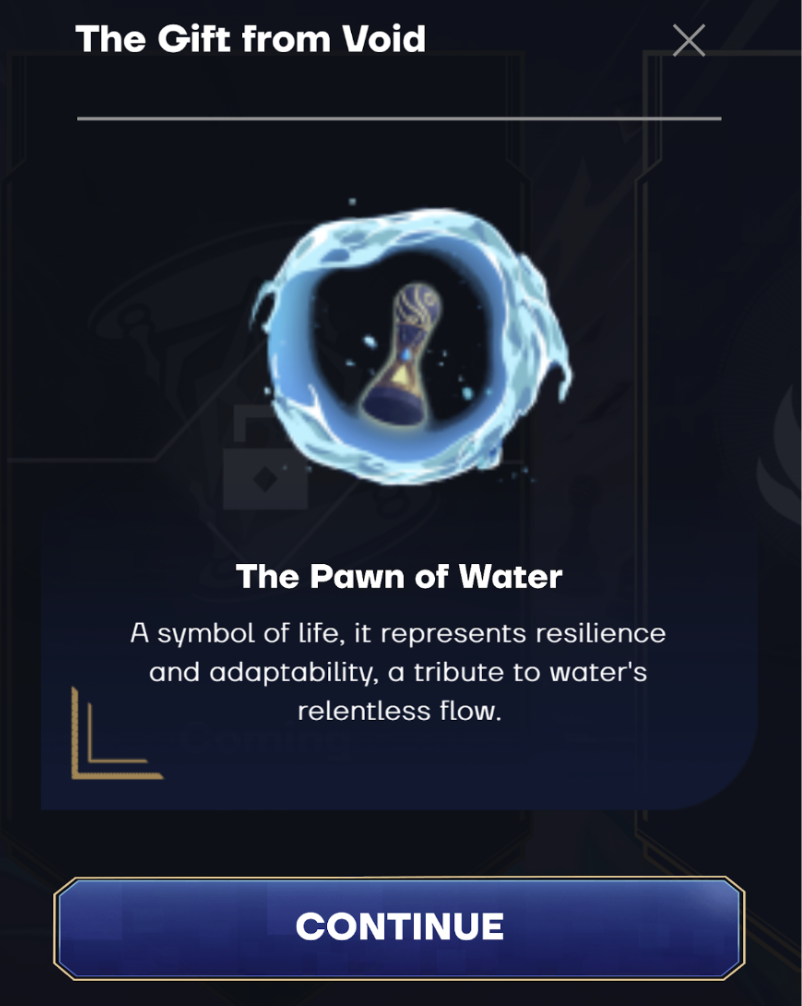Animoca Brands powers up chess team
Web3 development shop Hashcode Studio is tasked with building out the gaming giant’s magical spin on chess

KurArt/Shutterstock modified by Blockworks
The world’s oldest game is getting a new Web3-infused variant. Anichess is Animoca Brands’ attempt to “modernize the chess experience,” starting with a “player-versus-environment” (PvE) version.
The free-to-play game’s designers hope to meld the “core values of traditional chess” with some fantasy-based strategic elements and storylines.
Australian game developer iCandy Interactive, an Animoca subsidiary, has brought in development team Hashcode Studio for the job, the company announced today.
Read more: Animoca Brands gets the jump on Web3-enabled gaming
The first playable mini-game went live in January, with a tutorial and puzzles. Players can collect “Orbs of Power” digital collectibles on the Polygon proof-of-stake chain that forms a key part of what the company calls the Anichess Universe.

“We are excited to explore the new frontier of chess and digital property rights,” the Anichess team wrote in a blog post when the project was first unveiled last year.
There have been a few attempts to combine crypto and chess, but none of them have mastered the mix.
A new entrant Rare Mind, developed by chess grandmaster Robert Fontaine, piggybacks on existing platforms Chess.com and LiChess, but is still in early development.
Immortal, a Web3 chess app launched in 2022, drafted a slew of professional players as influencers or ambassadors, and developed a working playzone.
But the introduction of financial incentives to online play ultimately ran into the same problems that online chess platforms have grappled with for decades since computers got good: how to effectively police cheating.
Read more: Chess app discontinues play-to-earn after ‘heavy cheating’
Chess.com is an Anichess partner and has one of the most sophisticated anti-cheating teams, combining statistical analysis with human experts. But no system is foolproof.
Anichess may initially sidestep the issue of cheating with its exotic game mechanics — or “spell mechanics,” in the lingo of the game’s backstory. When a bishop can transform into a knight, and rooks can move diagonally, chess engines get confused. That is, until someone works out how to scrape the events occurring in the web app and programs in the new rules.
For now, that’s not a concern — there’s nothing at stake except free NFTs that you can claim with a seemingly gasless transaction using MetaMask or Wallet Connect.
In the background, the app airdrops you about $0.01 worth of Polygon (MATIC) the first time you sign a transaction, although the process of claiming NFTs was not error free.
Web2 social login options offer smoother on-boarding for now, after which the app uses a white-labeled Torus wallet to connect to Polygon.
Gameplay is intuitive and suitable for beginners or veteran players. There’s not yet much to do, but the design aesthetic is appealing and with Chess.com involved, they should have access to whatever chess expertise is necessary.
All told, Anichess is an amusing and child-friendly chess variant which feels like the spiritual successor to former World Champion Magnus Carlsen’s earlier Play Magnus apps like Knight Runner and the now-defunct Magnus Kingdom.
The main Anichess game is still to come later this quarter and is expected to feature a player-vs-player (PVP) mode.
Chess.com has previously featured chess and crypto crossovers, so it’s possible that their involvement will propel a Web3 chess game into the mainstream.
Until then, there’s plenty of lore to explore.
Get the news in your inbox. Explore Blockworks newsletters:
- The Breakdown: Decoding crypto and the markets. Daily.
- 0xResearch: Alpha in your inbox. Think like an analyst.






